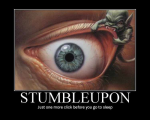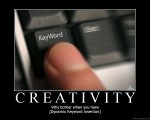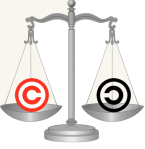 Ok, Facebook freaks, start copying all your precious personal tidbits and paste them somewhere. That 4-paragraph-long list of favorite movies, copy-n-paste. That 3-page note about the meaning of life, copy-n-paste. That funny thread from your high school boyfriend that made your knees knock again, copy-n-paste. Get ready to rebuild your profiles because Google is gunning for Facebook.
Ok, Facebook freaks, start copying all your precious personal tidbits and paste them somewhere. That 4-paragraph-long list of favorite movies, copy-n-paste. That 3-page note about the meaning of life, copy-n-paste. That funny thread from your high school boyfriend that made your knees knock again, copy-n-paste. Get ready to rebuild your profiles because Google is gunning for Facebook.
According to TechCrunch sources, Google Me is real.
Buzz didn’t create any, so Google is going big with a social networking site to rival the big wall in the sky. Isn’t it interesting that 500 million people have been satisfied with publishing little bits of themselves at a time? There’s no “body of work” on Facebook, just thought streams and consciousness streams and, sure, rivers of time.
Is anyone out there intested in creating something that will last? If Facebook is the internet equivalent of chatting at the water cooler, if blogging (133 million of us) is compared to letter writing, if creating your own website is synonymous to hanging a shingle, how do we push the paradigm? Is there something conceptually greater out there in the world of personal publishing?
I’ve been pretty vocal about Facebook’s fraility and lack of vision. Sure it connects us. But it doesn’t elevate us or our collective consciousness.
I don’t know what I’m searching for, but I’ll know when Google finds it.








 Clearly, the academic world needs new rules to keep up with the onslaught of online. Perhaps books (and their excerpts) need a verified tag much like celebrities have on their Twitter accounts.
Clearly, the academic world needs new rules to keep up with the onslaught of online. Perhaps books (and their excerpts) need a verified tag much like celebrities have on their Twitter accounts.